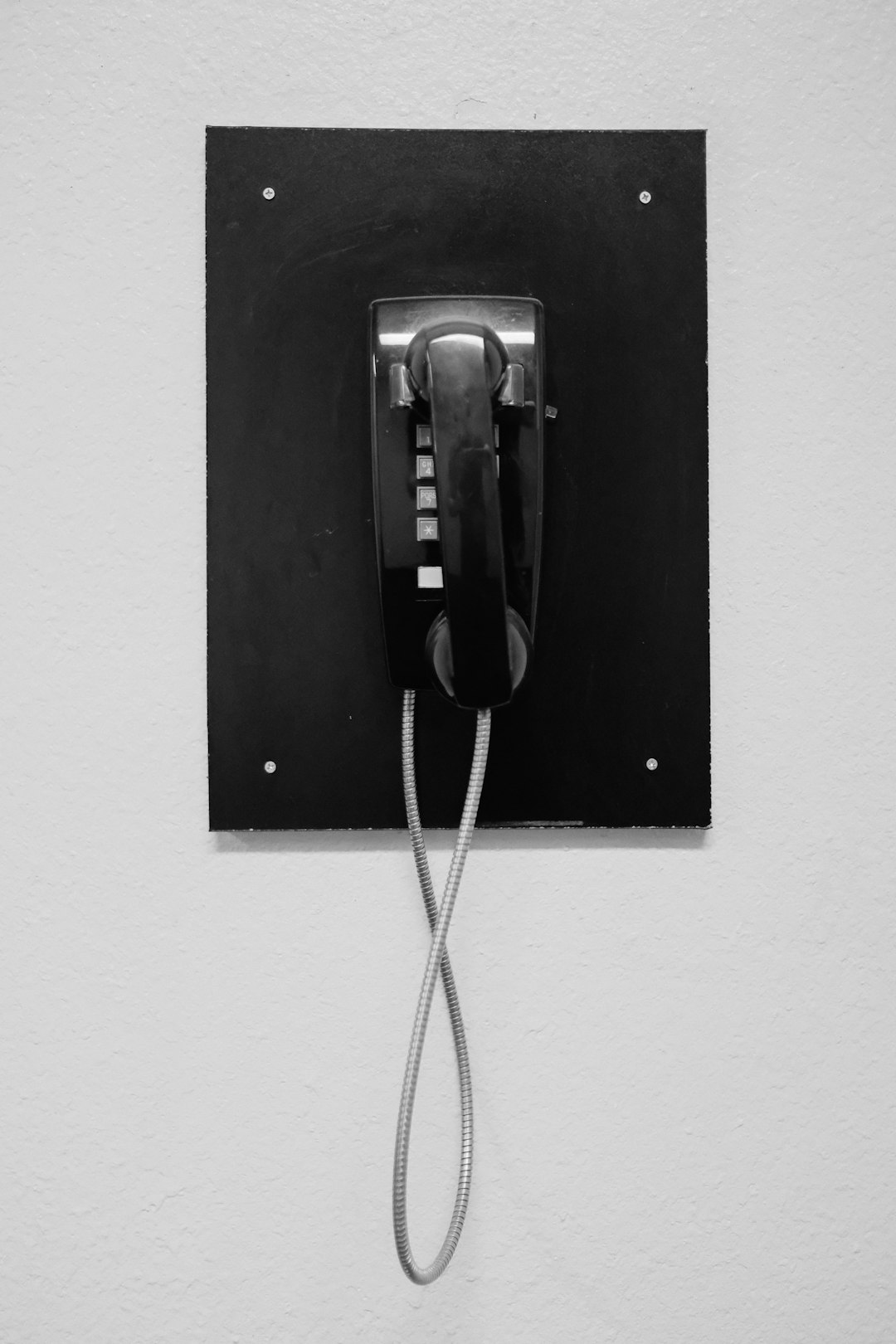The Telephone Consumer Protection Act (TCPA) protects Morgantown businesses in West Virginia from costly lawsuits by spam call law firms. Non-compliance leads to penalties and damaged reputation. Businesses should implement call screening, educate employees, review system settings, enhance cybersecurity, and automate processes to reduce spam calls. Effective communication strategies include robust do-not-call lists, customer opt-out validation, automated campaigns, and personalized marketing for reduced legal risk and increased customer satisfaction.
Morgantown businesses face unique challenges when it comes to consumer protection laws, particularly in navigating the complex landscape of TCPA (Telephone Consumer Protection Act) regulations. This comprehensive guide aims to equip local businesses with the knowledge and tools to avoid costly TCPA lawsuits. By understanding the impact of spam calls and implementing effective communication strategies, Morgantown’s business community can thrive while adhering to legal requirements, especially when targeting West Virginia consumers. Discover actionable tips for identifying and preventing spam calls, ensuring your business practices are compliant and safe.
Understanding TCPA Laws and Their Impact on Businesses

The Telephone Consumer Protection Act (TCPA) is a federal law designed to protect consumers from unwanted phone calls, texts, and faxes, especially those from telemarketers and spam call law firms. For West Virginia businesses, especially those in Morgantown, adhering to TCPA regulations is crucial to avoid costly lawsuits and maintain customer trust. Non-compliance can result in substantial penalties, damaging a business’s reputation and financial stability.
TCPA laws impact businesses through do-not-call lists, consent requirements for marketing calls, and strict guidelines on automated dialing systems. Businesses must ensure they obtain explicit consent before calling or texting customers and honor requests to stop contacting them. Understanding these regulations is essential to safeguard against potential legal issues, especially with the increasing scrutiny of spam call law firms targeting businesses across the country, including West Virginia.
Identifying and Preventing Spam Calls in Morgantown

In Morgantown, businesses need to be proactive in identifying and preventing spam calls to avoid TCPA lawsuits. Spam call law firms in West Virginia are increasingly targeting businesses for violative automated phone calls or text messages, which can result in substantial penalties. One of the first steps is to implement robust call screening and blocking systems that can detect and filter out suspicious or unknown numbers. Businesses should also educate their employees about responsible calling practices, ensuring they understand the legal implications of making unsolicited contact. Regularly reviewing and updating phone system settings, including do-not-call lists and call routing protocols, can further mitigate risks.
Additionally, keeping customer data secure is paramount. Protecting sensitive information from breaches or leaks reduces the chances of spam call law firms using stolen data to make fraudulent calls. Businesses should invest in strong cybersecurity measures and regularly train staff on data protection protocols. By adhering to these practices, Morgantown companies can significantly lower their risk of TCPA violations and avoid costly legal battles with spam call law firms operating in West Virginia.
Best Practices for Business Communication to Avoid Lawsuits

Morgantown businesses should adopt best practices in communication to avoid potential TCPA lawsuits, especially targeting spam call law firms in West Virginia. One key strategy is to implement a robust do-not-call list and ensure strict adherence to it. This involves regularly updating and validating customer opt-out choices across all channels, including phone, email, and text messages. Businesses should also automate and streamline their communication processes to minimize human error and accidental violations.
Additionally, personalized and targeted marketing campaigns are more effective and less likely to incur legal issues. Instead of mass calls or emails, businesses should segment their customer bases and tailor communications accordingly. Using dynamic content and personalized messaging not only improves customer satisfaction but also reduces the risk of mistargeting or harassing customers, which are common grounds for TCPA violations and subsequent lawsuits.






